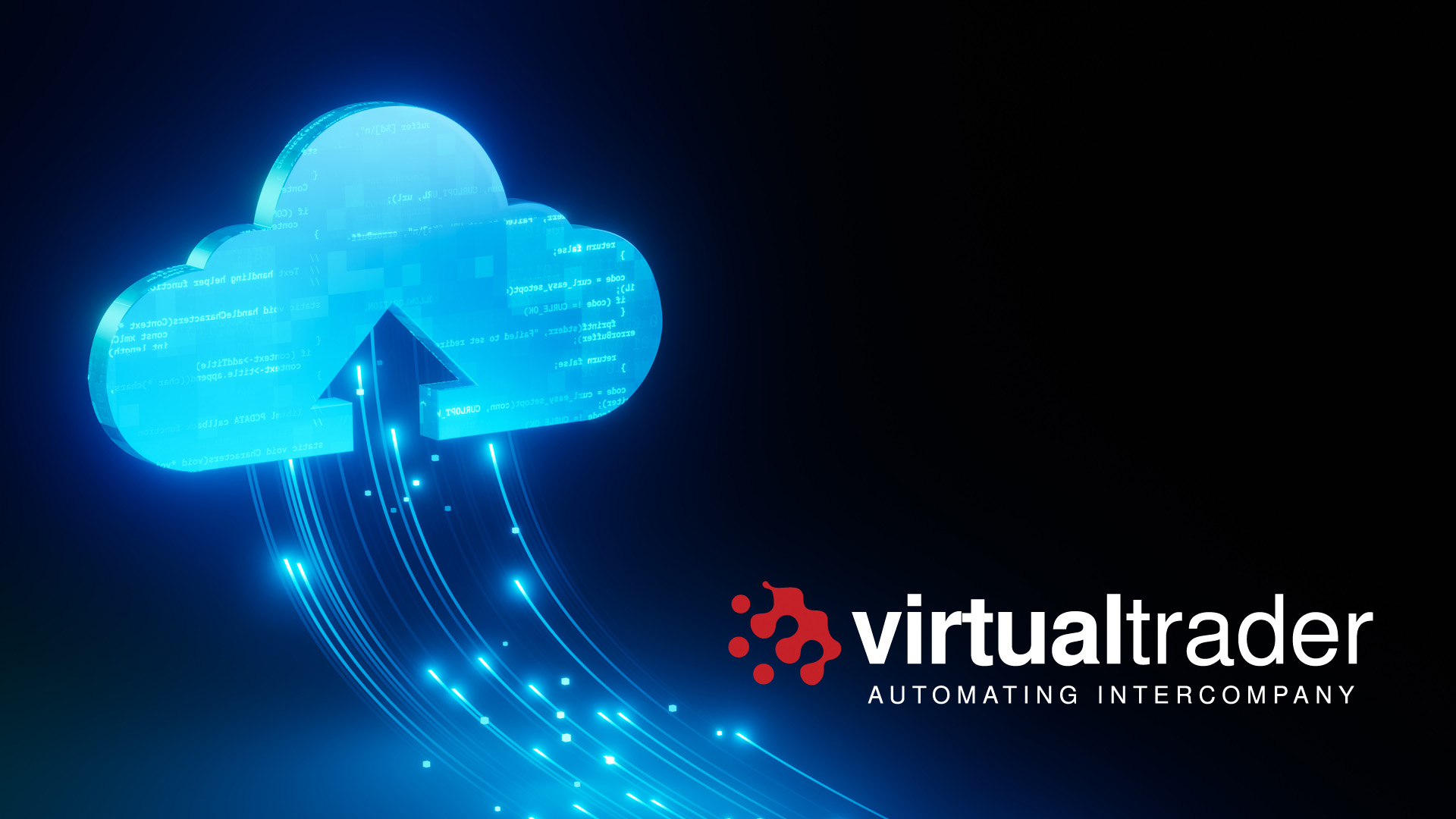Today, harnessing new technology is a vital key in gaining competitive advantage. With the rise of cloud computing, enterprises can no longer afford to take a laid-back approach to this transformative technology.
Historically, SMEs have been quicker to make the switch than larger organisations for a number of reasons, but it’s vital that enterprises expedite their transition. In this article, we explain why, and the competitive risks that come with delaying.
Cloud Adoption in SMEs and Enterprises
According to Eurostat, only 41% of enterprises in the EU were using cloud solutions in 2021, and it was mostly for email and file storage. This was an increase of five percentage points compared to 2020, retail being one of the main sectors adopting these technologies.
Other sources state that the adoption rate for SMEs is between 65-70%, while for large enterprises, it’s 50%. It was also predicted that in 2023, 50% of SMEs’ technology budgets will have gone towards cloud spending.
Based on the current trajectory, it’s forecast that by 2030, only 66% of EU businesses will be using the cloud.
Different sized organisations have different reasons for cloud adoption and different obstacles for implementing it. The larger the organisation, the greater the scale of cost savings, while for medium sized companies, performance is a significant driver.
Why Are SMEs Moving to the Cloud Faster?
The adoption rate of cloud technology among SMEs has been faster than among multinationals for several reasons, outlined below.
Agility and Flexibility
SMEs tend to be more agile and adaptable to changes. With fewer hierarchies and decision-making layers, they can quickly decide to adopt a new technology and implement it without much delay.
Cost Efficiency
Cloud technology provides SMEs with an opportunity to access advanced IT infrastructure and software without significant capital expenditure, making it more manageable for smaller businesses.
Simpler IT Landscape
Since large enterprises have existing legacy systems, established processes, and a more complex IT infrastructure, migrating from these systems to the cloud can be challenging and time-consuming.
However, with Virtual Trader, our customers have extensive support with the migration — especially thanks to our collaboration with cloud experts, Valsoft Corporation.
Scalability
Cloud services allow businesses to scale their operations with ease. For SMEs, this means they can start with what they need and scale up as their business grows, without making significant upfront investments.
Reduced IT Staffing Needs
Maintaining on-premises hardware and software requires specialised IT personnel. Cloud solutions, typically managed by the service provider, allow SMEs to operate with a leaner IT team.
Innovation and Competitive Advantage
To compete with larger companies, SMEs often look for innovative solutions. Adopting cloud technology provides them with advanced tools that can level the playing field, allowing them to compete more effectively.
Less Bureaucracy
Multinationals, with more complex decision-making structures, such as multiple departments and stakeholders involved in technology adoption, require a longer decision-making process. SMEs usually have simpler structures, allowing for quicker decisions.
The Benefits of Cloud Based Software
Cost Efficiency
Maintaining and updating traditional IT infrastructures can be a significant cost burden. Cloud solutions, operating on a subscription model, can eliminate the need for heavy upfront investments in infrastructure and reduce ongoing maintenance costs.
According to Accenture, organisations can reduce their Total Cost of Ownership (TCO) by 40% by migrating to the cloud.
Data from Atlassian states that 65% of Global 500 and large enterprises have saved at least 11% in end user time by migrating to the cloud. In addition, 70% saved at least 11% on hardware costs, and 88% saved at least 11% on admin time.
Scalability and Flexibility
Cloud computing offers unprecedented scalability. Traditional systems often require time-intensive and costly upgrades or overhauls, along with servers that are expensive to maintain, as mentioned. With the cloud, enterprises can seamlessly upscale or downscale their resources based on demand, ensuring optimal efficiency and cost-effectiveness.
Virtual Trader supports highly flexible business rules, which allows us to tailor each customer’s configuration according to their unique business needs.
Real-time Collaboration and Data Access
For enterprises operating across the globe, real-time collaboration is pivotal. Cloud-based intercompany accounting solutions empower teams across continents to collaborate in real-time, ensuring consistency, reducing discrepancies, and fostering more cohesive processes.
Enhanced Security
Contrary to early apprehensions about cloud security, modern cloud platforms often offer more robust security measures than on-premises solutions. From advanced encryption to multi-factor authentication and regular backup protocols, cloud providers invest heavily in ensuring data integrity and security.
Data Integrity
Cloud users can have the peace of mind that their data is protected from environmental hazards and other physical security risks. With data stored on multiple servers in different locations, there is no single point of failure. The distributed nature of cloud software also ensures business continuity during a crisis.
Automatic Updates
Users of cloud-based solutions benefit from regular updates that enhance functionality and address emerging industry needs. These updates are automatically rolled out, ensuring enterprises always have access to the latest features without the hassle of manual upgrades.
Seamless Integrations
The cloud makes it easy to integrate different systems together. For example, Virtual Trader integrates with third party indirect tax engines and treasury management systems, ensuring your intercompany processes are as streamlined as possible.
Remote Access
The modern workforce is hybrid, and cloud based software supports this evolution in the way businesses operate. Users can securely access the software from anywhere, at any time.
The Competitive Risk of Sticking with Legacy Systems
While the aforementioned benefits make a compelling case for transitioning to the cloud, there's an overarching risk that enterprises must be aware of: being outpaced by competitors that are experiencing superior efficiency and significant cost savings.
Efficiency is paramount with intercompany accounting due to its inherent complexity. Modern, cloud based solutions, with their superior performance and advanced automation features, are the key to greater efficiency, as well as improved accuracy, timeliness, and transparency.
In addition, having instant access to new feature releases — automatically — enables companies to always be equipped with the most beneficial functionality. With these points in mind, it’s fair to say that enterprises sticking to traditional models may find themselves at a significant disadvantage.
Conclusion
For multinational enterprises, particularly those navigating the complexities of intercompany accounting, the move to the cloud is not just any old tech upgrade — it’s a strategic imperative; a step towards future-proofing operations and maintaining a competitive edge.
As well as the cost benefits, cloud based software brings data integrity, flexibility, scalability, and remote access, in line with the demands of today’s workforce.
Virtual Trader is a global leader in automating intercompany and intracompany functionality. To see our software in action, contact us today to book a demo.




 US
+1 800 961 9640
US
+1 800 961 9640

